Posted by Kasey | 12.11.2019 | Conservation, Marine Science, Scuba Diving, Sea Turtle Camp, Sea Turtle Camp News
Why Protect Coral Reefs?
Coral reefs are one of the most important ecosystems on the planet. A healthy coral reef can provide some of the most valuable and vital ecosystem services available. They are a source of food for millions of people, protect our coastlines from storms and erosion, provide important nursery habitat for economically important fish species, provide jobs and income to local communities from recreation, tourism, and fishing, and are a source of new medicines.
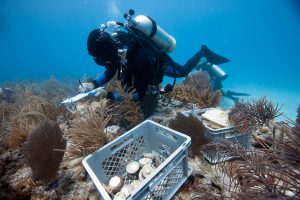 Corals are related to jellyfish and anemones. There are many types of coral but typically we think of the hard stony corals that live in clear, warm tropical waters. There are also soft corals and deep sea corals that live in the dark cold waters of the deep ocean. Corals are known as colonial organisms, meaning that they are made up of hundreds of individual animals. Yes, corals are actually animals and not plants like many people think! These individuals are known as polyps. The living animal in the coral is usually found within the thin layer of tissue on top of a hard stony skeleton. The stony skeleton comes in a variety of shapes such as a branching tree, a bolder, and several other forms. Corals can reach the size of a small car!
Corals are related to jellyfish and anemones. There are many types of coral but typically we think of the hard stony corals that live in clear, warm tropical waters. There are also soft corals and deep sea corals that live in the dark cold waters of the deep ocean. Corals are known as colonial organisms, meaning that they are made up of hundreds of individual animals. Yes, corals are actually animals and not plants like many people think! These individuals are known as polyps. The living animal in the coral is usually found within the thin layer of tissue on top of a hard stony skeleton. The stony skeleton comes in a variety of shapes such as a branching tree, a bolder, and several other forms. Corals can reach the size of a small car!
Biodiversity: Coral reefs are among the most diverse ecosystems on earth and are known as the “Rainforests of the Sea”. Scientists estimate that coral reefs are support more species than other marine environment their size. They are habitat for over 4,000 species of fish and hundreds of other species of animals and cover less than 1/10th of the ocean floor! Biodiversity provides additional services like providing habitat for some of the fish species we commonly eat.
Fisheries: The fish that grow and live on coral reefs provide a significant food source to billions of people worldwide. Two-thirds of all fish species grow up or spend part of their lives around coral reefs. The fishing industry benefits from the coral reef habitat greatly. It is estimated that each year the fisheries industry earns $100 million in commercial value in the United States and over $170 billion globally.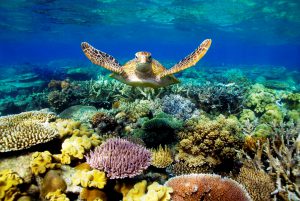
Coastal Protection: Healthy coral reefs are able to naturally protect coastlines with their hard skeletons. They are able buffer the coast from the force of incoming waves and storms. By doing this, they help prevent loss of life, property damage, and erosion.
Medicine: Many coral species can produce chemical compounds to defend themselves from predators. Many o f these chemical compounds have been important in the development of new medicines that are used in the treatment of cancer, arthritis, asthma, ulcers, human bacterial infections, heart disease, and viruses. There are many more that we don’t know about yet. The scientific possibility is endless! Coral reefs are virtually medicine cabinets!
Tourism and Recreation: Coral reefs play a big part of coastal tourism and recreation in many places around the world. Scuba divers and snorkelers visit reefs to be able to enjoy their abundant sea life and beauty. Coral reefs protect our beaches, allowing tourists to escape on vacation. Local economies receive billions of dollars from visitors through diving tours, recreational fishing excursions, hotels, restaurants, and the many other businesses based near these ecosystems.
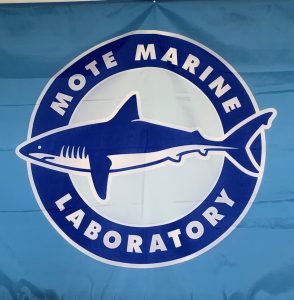 Together with the Mote’s Elizabeth Moore International Center for Coral Reef Research & Restoration, Sea Turtle Camp is sending campers to the Florida Keys to earn their Open Water SCUBA certificates and then use that new certification to do real coral reef health surveys! If your teenager would like to explore the beautiful string of coral reefs along the Florida Keys while earning their Open Water SCUBA certification please visit here or contact the Travel Program Coordinator at travel@seaturtlecamp.com to learn more!
Together with the Mote’s Elizabeth Moore International Center for Coral Reef Research & Restoration, Sea Turtle Camp is sending campers to the Florida Keys to earn their Open Water SCUBA certificates and then use that new certification to do real coral reef health surveys! If your teenager would like to explore the beautiful string of coral reefs along the Florida Keys while earning their Open Water SCUBA certification please visit here or contact the Travel Program Coordinator at travel@seaturtlecamp.com to learn more!


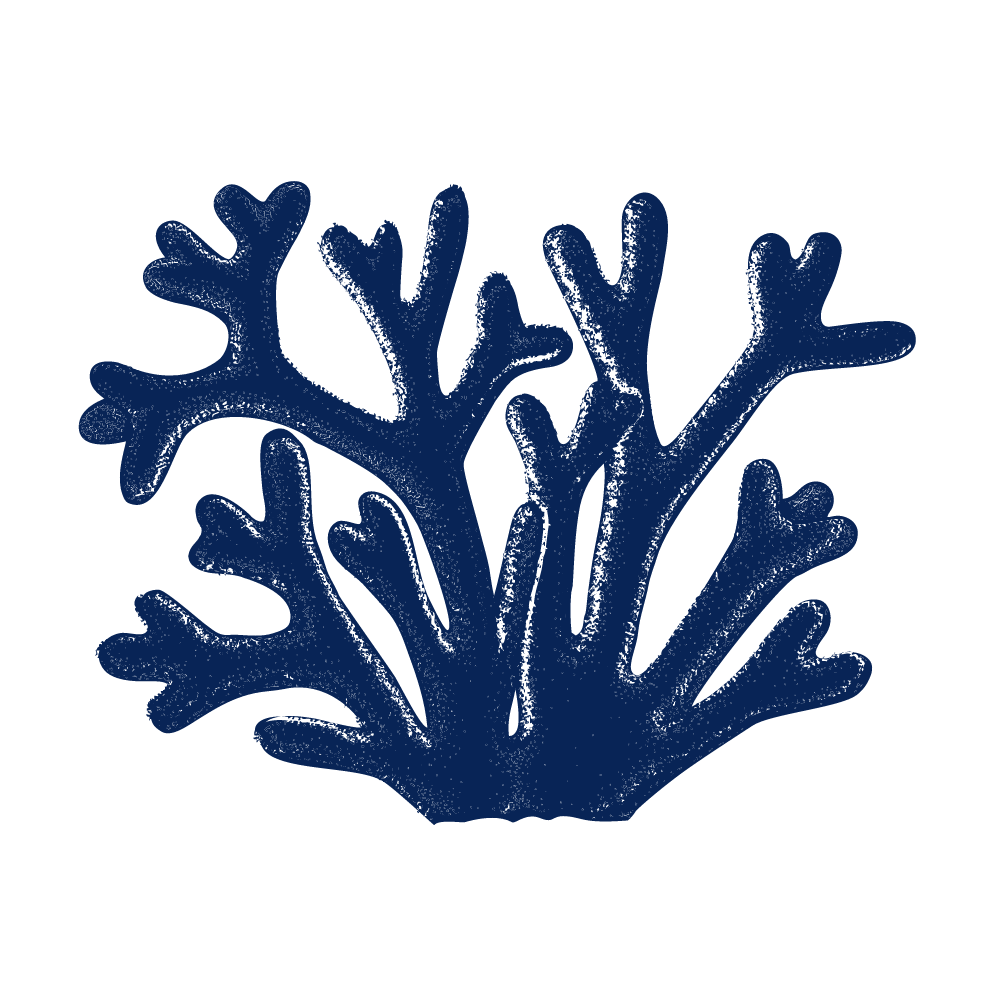 Marine Bio
Marine Bio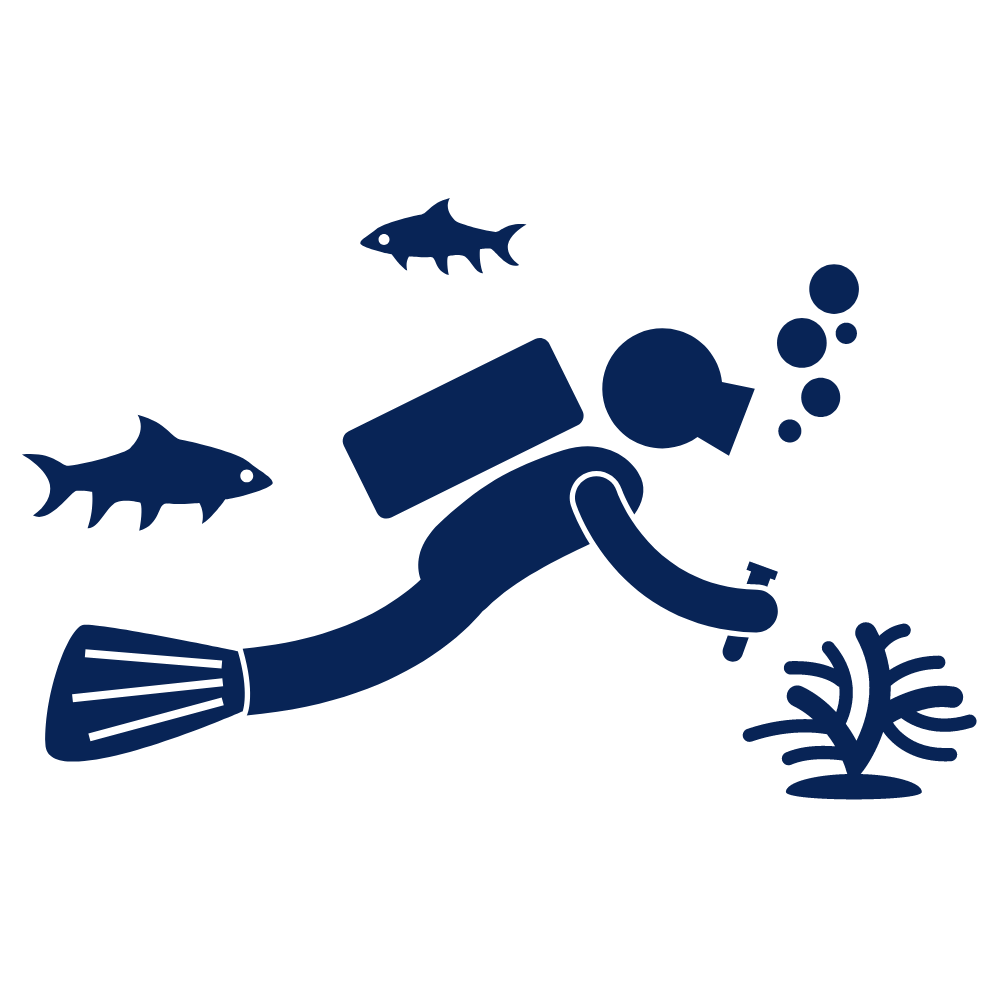 SCUBA
SCUBA Travel
Travel School Groups
School Groups Sign Up
Sign Up CONTACT
CONTACT CAMPS
CAMPS ABOUT
ABOUT